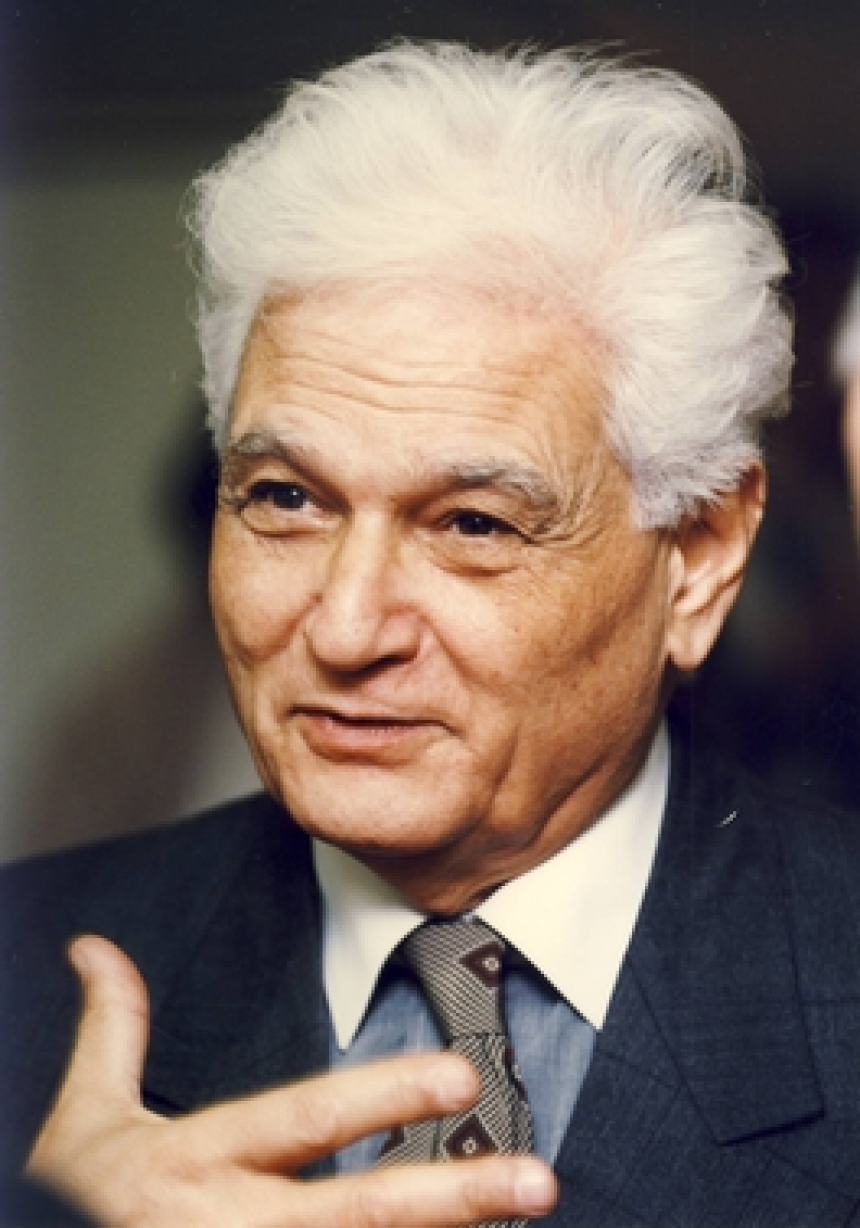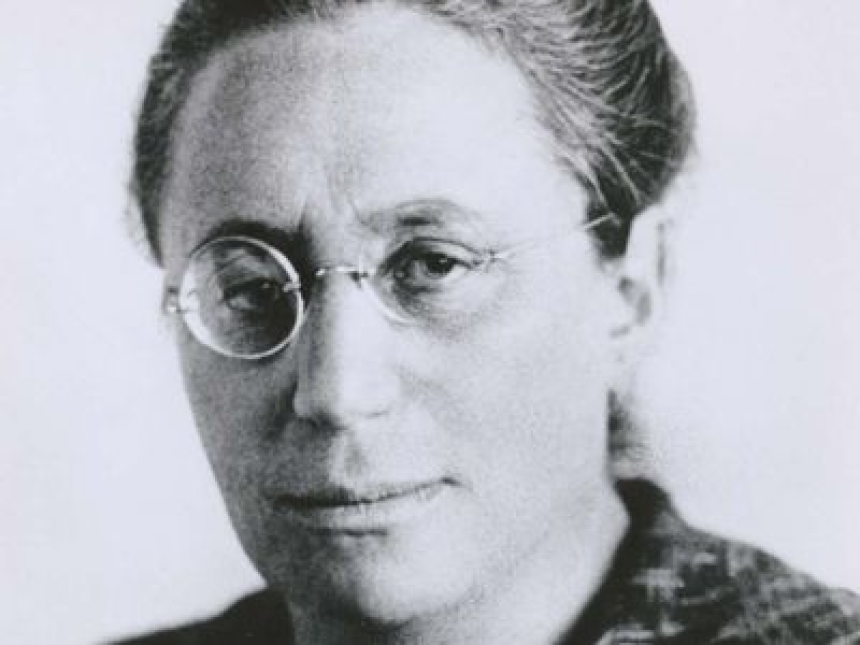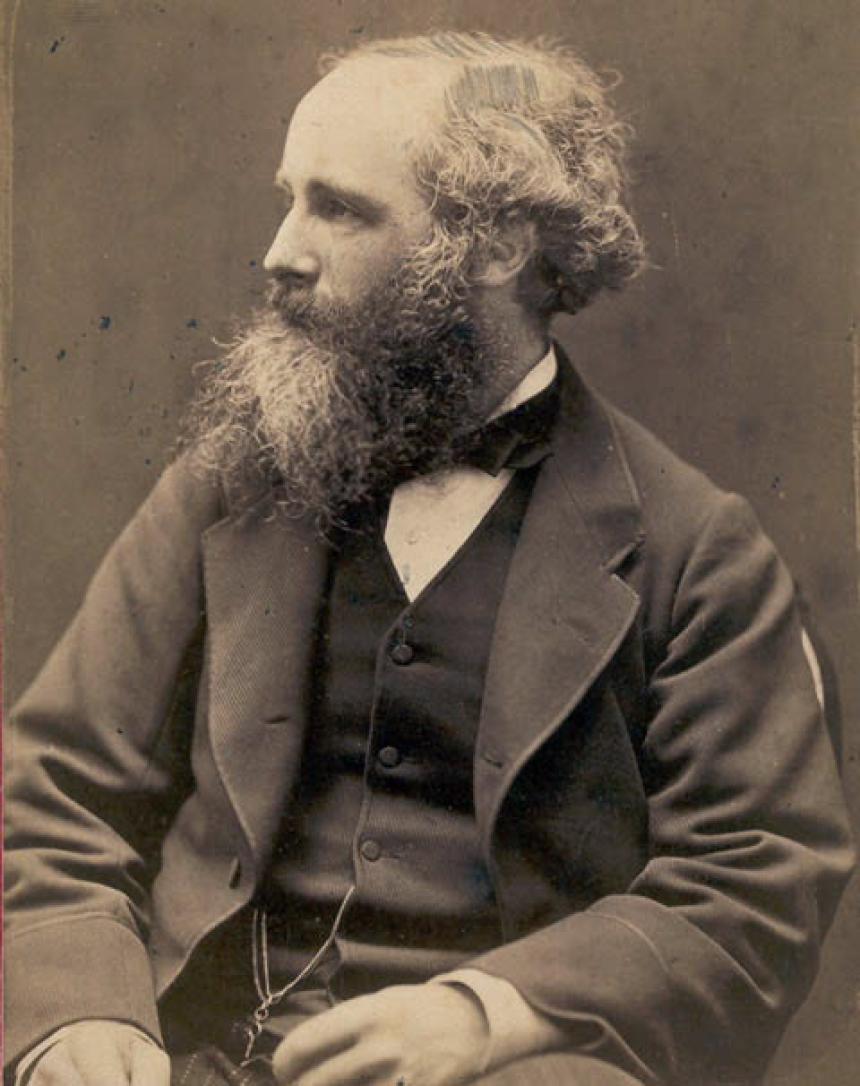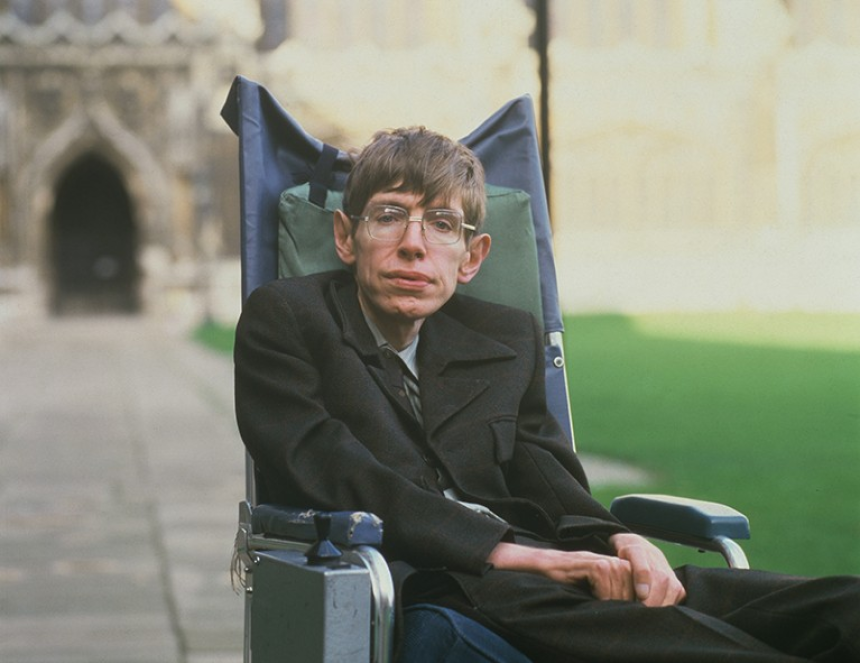
Jacques Derrida
Jacques Derrida - The Deconstructionist Philosopher
Jacques Derrida - The Deconstructionist PhilosopherWhen it comes to the world of philosophy, there are numerous influential thinkers who have shaped the way we perceive and understand the world. One such philosopher is Jacques Derrida, who is widely regarded as one of the key figures in postmodern philosophy. Known for his concept of deconstruction, Derrida revolutionized the field of literary criticism and left a lasting impact on various academic disciplines.
Who is Jacques Derrida?Jacques Derrida (1930-2004) was a French philosopher and literary critic. He was born in Algeria and later moved to France, where he spent most of his life. Derrida was a prolific writer and teacher, authoring numerous influential books and essays. He is best known for his development of the theory of deconstruction, which challenged traditional notions of meaning and interpretation.
What is Deconstruction?Deconstruction is a philosophical approach that seeks to expose and disrupt the underlying assumptions and binary oppositions in language and thought. According to Derrida, traditional philosophical and literary texts are built upon a system of metaphysical oppositions, such as presence/absence, truth/falsehood, and inside/outside. Deconstruction aims to reveal the contradictions and instabilities within these oppositions, suggesting that meaning is always deferred and never fixed.
By deconstructing texts, Derrida aimed to demonstrate that the dominant meanings and interpretations are not the only ones possible. He believed that language is inherently unstable and that multiple interpretations can coexist. This approach challenged the idea of a single, fixed meaning and opened up new possibilities for understanding and analysis.
Key Concepts in Derrida's WorkDerrida's work is rich and complex, encompassing a range of philosophical and literary ideas. Here are some key concepts associated with his work:
- Differance: Derrida coined the term "differance" to describe the dynamic and non-linear nature of language. He argued that meaning is always deferred and that words gain their significance through their difference from other words.
- Trace: The trace refers to the presence of absence in language. It is the idea that meaning is shaped by what is not explicitly stated or visible.
- Binary Oppositions: Derrida considered binary oppositions, such as male/female and presence/absence, as fundamental to Western thought. He argued that these oppositions are hierarchical and exclusionary, perpetuating power imbalances.
- Undecidability: Derrida emphasized the inherent undecidability of meaning. He believed that there is always an element of uncertainty and ambiguity in language, making it impossible to arrive at a definitive interpretation.
Derrida's theories have had a profound impact on various academic disciplines, including philosophy, literary criticism, cultural studies, and anthropology. His work has challenged traditional notions of truth, meaning, and interpretation, opening up new avenues for critical thinking and analysis.
Derrida's ideas have also influenced fields outside of academia, such as architecture, law, and art. His concept of deconstruction has been applied to analyze and reinterpret various cultural texts and structures, questioning their underlying assumptions and power dynamics.
ConclusionJacques Derrida was a philosopher who revolutionized the field of literary criticism with his concept of deconstruction. By challenging traditional notions of meaning and interpretation, Derrida opened up new possibilities for understanding and analyzing texts. His work has had a profound impact on various academic disciplines and continues to shape critical thinking in the present day.
Frequently Asked Questions1. What is the significance of deconstruction?Deconstruction challenges the idea of a fixed meaning and encourages multiple interpretations. It reveals the contradictions and instabilities within traditional texts, opening up new possibilities for understanding and analysis.
2. How did Derrida's work influence literary criticism?Derrida's concept of deconstruction has had a significant impact on literary criticism. It has encouraged scholars to question the dominant interpretations of texts and explore alternative meanings and perspectives.
3. How has Derrida's work impacted philosophy?Derrida's theories have challenged traditional views on truth, meaning, and interpretation in philosophy. They have sparked debates and influenced the development of postmodern and poststructuralist thought.
4. Can deconstruction be applied to fields other than literature?Yes, deconstruction has been applied to various fields, including architecture, law, and art. It offers a critical lens through which to analyze and reinterpret cultural texts and structures.
5. What is the legacy of Jacques Derrida?Derrida's legacy lies in his innovative approach to philosophy and his critique of binary oppositions. His work continues to inspire and challenge scholars in a wide range of academic disciplines.





